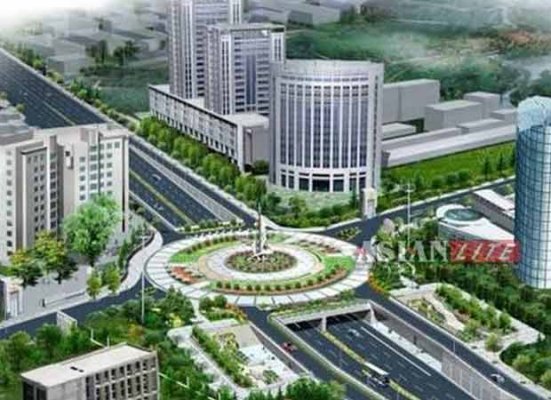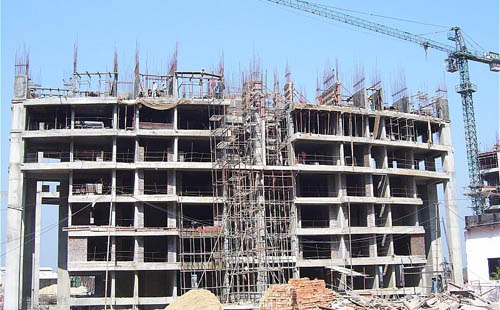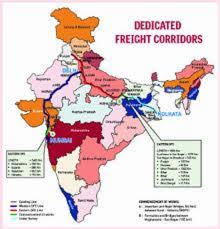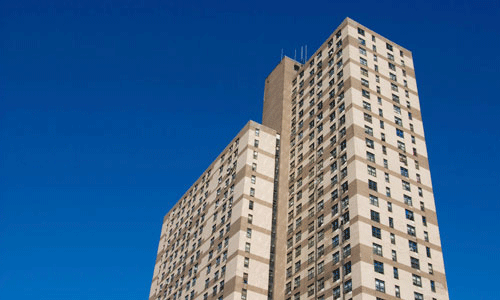
Enthusiasm low with 20 aspirants of smart city case study
The level of enthusiasm has gone down with smart city…

The level of enthusiasm has gone down with smart city…

Today, the world sees India as a land of opportunity for business and investment. RBI head Raghuram Rajan said in mid-September that while fellow BRICs have deep problems, India appears to be an island of relative calm in an ocean of turmoil.

Over 75 per cent of the total 3,540 live projects with total outstanding investments worth over Rs 14 lakh crore attracted by the real estate sector across India remained non-starter as of financial year 2014-15, noted a just-concluded study by apex industry body ASSOCHAM.

Track2Realty Exclusive: The property markets of the financial capital Mumbai and the political capital Delhi has always been exposed to the reality that it is the expat Indians, the working class professionals, who are the key demand drivers of property. However, in the last over a decade or so this outlook on the migrant work force has become a pan-India phenomenon.

Track2Realty: As we move closer to the Union Budget 2015–16, India’s real estate sector is hoping for certain key expectations to get implemented. Following the Government’s announcements of building SMART Cities in the Budget last year, the industry seeks more clarity on the exact definition of one in the Indian context, fund allocations for, and city/Greenfield location identification of such development. The implementation of such ambitions would ultimately result in national wealth creation—to help our cities become sustainable and livable urban centers of growth.

Track2Realty Exclusive: In 2014, India elected a new Central Government with absolute majority after three decades. The absolute majority helped in the formation of the strong government capable of taking decisive steps without much opposition. Likewise, several pro-business reforms were introduced to propel the infrastructure growth and to infuse a positive sentiment for the future of the real estate sector including revitalising Special Economic Zones (SEZs), development of several industrial corridors, creation of 100 smart cities, relaxation in FDI norms in real estate, supporting affordable housing sector, introduction of REITs and InVITs etc

Track2Realty Exclusive: The increasing shift of corporate focus towards Noida has been a matter of both research and speculation in the region. While the critics would like to point out that the shift of the Indian business community and the Multi National Companies (MNCs) have been more due to recent economic slowdown that made the scale of economy unviable in the high rental destinations like Gurgaon, the optimists within the built environment would prefer to look at the traction points of the city.

Track2Realty: Despite the significant residential unit inventory and fresh housing supply, most of the urban housing projects across major Indian cities are unaffordable for our economically weaker sections (EWS). This is primarily because developers are by-and-large focused on launching luxury, high-end and mid-end housing projects that are considered ‘safe’ from the perspective of risks and returns in the capital market.

Track2Realty Exclusive: An assessment of business confidence index of Pune real estate post the formation of a stable Government at the Centre is not as easy as gauging the mood of the developers across any other city. The precursor to the very assessment is fraught with a question mark that why will the business sentiment change overnight with the change of Government at the Centre.

Track2Realty: Ever since the new government’s announcement of its intent to build a hundred smart cities in India, the nation has been abuzz with definitions of, fund allocations for, and city identification of such development. With good reason too, since the implementation of such ambitions would ultimately result in national wealth creation—to help our cities become sustainable and livable urban centers of growth.
